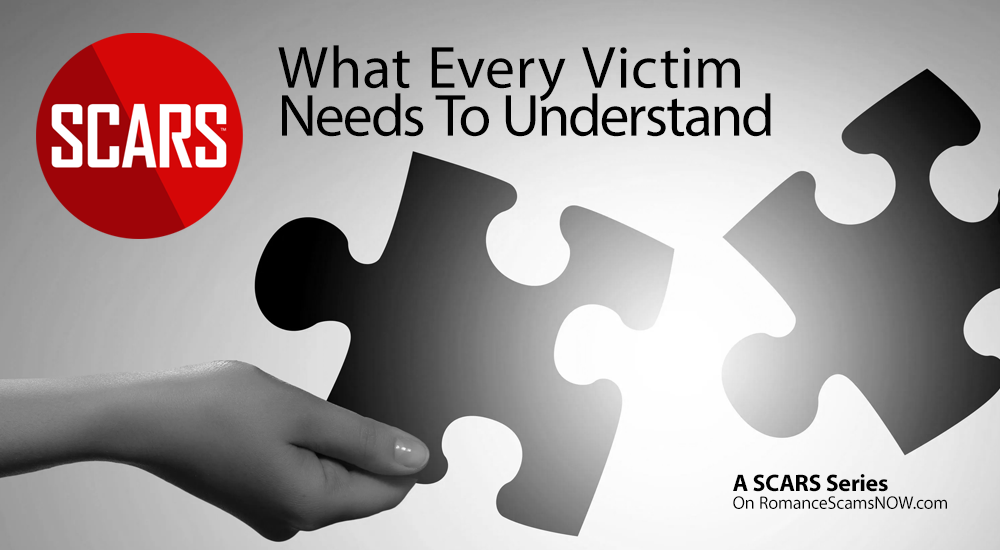For A Decade We Have Said That Talking To Scammers Is A Bad Idea! But Data Now Proves The Point!
Vast numbers of scam victims keep talking to scammers believing that they are getting critical information that will put them behind bars. But nothing could be farther from the truth.
Playing With Scammers Is No Game!
If you think you are hanging on and talking to scammers to get their data, you could be in real danger!
Here is the REAL data on how many scam victims have their accounts taken over or their identities stolen because they were talking to scammers.
The FTC Reports:
The U.S. Federal Trade Commission (FTC) collects data on consumer complaints about identity theft, and this data includes information on how the theft occurred.
- According to the FTC’s 2022 Consumer Sentinel Network (CSN) Data Book, there were over 1.43 million identity theft complaints in the United States in 2022.
- Of these complaints, 22% involved account takeover, which is when a scammer takes over an existing account of the victim. This can be a bank account, credit card account, or other type of account including email accounts.
- The FTC also found that 21% of identity theft complaints in 2022 involved new account fraud, which is when a scammer opens a new account in the victim’s name. This can be a credit card account, bank account, or other type of account.
That is 1 in 5 scam victims have their personal accounts taken over or their identities stolen!
The average cost of identity theft is $1,393 per victim. Is that worth continuing to talk to these criminals?
So, based on the FTC’s data, it is estimated that over 314,000 scam victims (just in the United States) had their accounts taken over or their identities stolen in 2022 because they were talking to scammers.
The FTC says that this number is likely to be an underestimate, as many people do not report identity theft to the FTC.
Reasons To End The Conversation Immediately
Continuing talking to scammers after suspecting it is a scam can be extremely dangerous for several reasons:
-
Providing more information: Engaging with scammers further can provide them with additional personal information, such as financial details or sensitive passwords, which they can exploit for fraudulent purposes.
-
Increasing emotional manipulation: Scammers are skilled at exploiting emotional triggers, such as fear, guilt, doubt, or hope, to manipulate their victims. Continuing to interact with them can prolong and intensify these emotional vulnerabilities, making victims more susceptible to their schemes.
-
Enabling further financial losses: By maintaining contact with scammers, victims may unknowingly authorize additional transactions, provide access to their accounts, or even send them money directly, leading to greater financial losses.
-
Hindered recovery: Continued interaction with scammers can distract victims from taking necessary steps to protect themselves and recover from the scam. This can delay reporting the scam to authorities, freezing accounts, or seeking legal assistance.
-
Psychological impact: The emotional manipulation and stress associated with ongoing interactions with scammers can have detrimental psychological effects, including anxiety, depression, and even post-traumatic stress disorder (PTSD).
-
Risk of physical harm: In some parts of the world, scammers are escalating their tactics to physical threats or intimidation, putting victims at risk of harm.
Do You Understand The Danger?
Do you understand how serious it is to be playing around with these criminals? Once you suspect, end it immediately, and tell them nothing.
If they can’t get your money they will go after your identity and you will probably never know until someone shows up to collect or arrest you!
Once you detect a scam, STOP ALL CONTACT.
If you lost money report the crime properly (not in a Facebook group), and BLOCK them everywhere! Go to reporting.AgainstScams.org to learn more.
Please stop talking to strangers online!
If you suspect you are being scammed, it is crucial to cease all communication with the scammer immediately. Disconnect from any calls or emails, and do not respond to any further messages or requests. Protect your financial accounts, change your passwords, and report the scam to the appropriate authorities. Seeking support from trusted friends, family members, or mental health professionals can also be beneficial in navigating the emotional and financial repercussions of a scam. Learn more below.
More:
- New Scam Victims – Support & Information Resources (romancescamsnow.com)
- Next Steps – Protect Your Financial Identity (romancescamsnow.com)
- After Discovering A Scam – What Is Immediately Important? (romancescamsnow.com)
- There Are Real Monsters Online (romancescamsnow.com)
- Confronting Scammers & The Guilt Or Flip Scam (romancescamsnow.com)
- SCARS™ Anti-Scam Tip: Confrontation & The Scammer Dodge (romancescamsnow.com)
- Victim Vulnerability After The Scam – Physical Risks (romancescamsnow.com)
SCARS Resources:
- Getting Started Right: ScamVictimsSupport.org
- Sextortion Scam Victims: Sextortion Victims Support – The Essentials (scamvictimssupport.org)
- For New Victims of Relationship Scams newvictim.AgainstScams.org
- Subscribe to SCARS Newsletter newsletter.againstscams.org
- Sign up for SCARS professional support & recovery groups, visit support.AgainstScams.org
- Join our Scam Survivors United Chat & Discussion Group facebook.com/groups/scam.survivors.united
- Find competent trauma counselors or therapists, visit counseling.AgainstScams.org
- Become a SCARS Member and get free counseling benefits, visit membership.AgainstScams.org
- Report each and every crime, learn how to at reporting.AgainstScams.org
- Learn more about Scams & Scammers at RomanceScamsNOW.com and ScamsNOW.com
- Scammer photos ScammerPhotos.com
- SCARS Videos youtube.AgainstScams.org
- Self-Help Books for Scam Victims are at shop.AgainstScams.org
- Donate to SCARS and help us help others at donate.AgainstScams.org
- Worldwide Crisis Hotlines: https://blog.opencounseling.com/suicide-hotlines/
Other Cyber Resources
- Block Scam Domains: Quad9.net
- Global Cyber Alliance ACT Cybersecurity Tool Website: Actionable Cybersecurity Tools (ACT) (globalcyberalliance.org) https://act.globalcyberalliance.org/index.php/Actionable_Cybersecurity_Tools_(ACT)_-_Simplified_Cybersecurity_Protection
- Wizer Cybersecurity Training – Free Security Awareness Training, Phishing Simulation and Gamification (wizer-training.com)
-/ 30 /-
What do you think about this?
Please share your thoughts in a comment below!
Do You Need Support?
Get It Now!
SCARS provides the leading Support & Recovery program for relationship scam victims – completely FREE!
Our managed peer support groups allow victims to talk to other survivors and recover in the most experienced environment possible, for as long as they need. Recovery takes as long as it takes – we put no limits on our support!
SCARS is the most trusted support & education provider in the world. Our team is certified in trauma-informed care, grief counseling, and so much more!
To apply to join our groups visit support.AgainstScams.org
We also offer separate support groups for family & friends too.
Become a
SCARS STAR™ Member
SCARS offers memberships in our STAR program, which includes many benefits for a very low annual membership fee!
SCARS STAR Membership benefits include:
- FREE Counseling or Therapy Benefit from our partner BetterHelp.com
- Exclusive members-only content & publications
- Discounts on SCARS Self-Help Books Save
- And more!
To learn more about the SCARS STAR Membership visit membership.AgainstScams.org
To become a SCARS STAR Member right now visit join.AgainstScams.org
To Learn More Also Look At Our Article Catalogs
Scam & Crime Types
More SCARS
- ScamsNOW Magazine – ScamsNOW.com
- ContraEstafas.org
- ScammerPhotos.com
- AnyScam.com – reporting
- AgainstScams.org – SCARS Corporate Website
- SCARS YouTube Video Channel














Leave A Comment